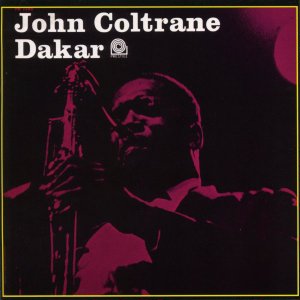
Dakar is a Pepper Adams & Cecil Payne album credited in its reissue form to jazz musician John Coltrane, released in 1963 on Prestige Records, catalogue 7280. Dakar is a reissue of one side of a 16 rpm LP called Baritones and French Horns released in 1957, and originally credited to the "Prestige All Stars".

Edwin Jan Schuller is an American jazz bassist and composer. His father is Gunther Schuller, a composer, horn player, and music professor, and his younger brother is drummer George Schuller.

John Betsch is an American jazz drummer.
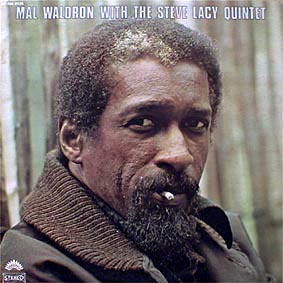
Mal Waldron with the Steve Lacy Quintet is an album by American jazz pianist Mal Waldron and soprano saxophonist Steve Lacy released on the French America label in 1972. The original LP release featured three tracks and the 2005 CD reissue added two alternate takes.
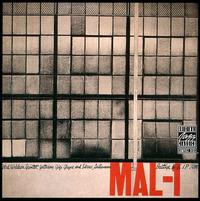
Mal-1 is the debut album by American jazz pianist Mal Waldron, recorded in 1956 and released on the Prestige label.

The Git Go - Live at the Village Vanguard is a live album by jazz pianist Mal Waldron recorded at the Village Vanguard and released on the Italian Soul Note label in 1987.
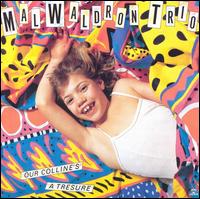
Our Colline's a Treasure is an album by jazz pianist Mal Waldron recorded in 1987 and released on the Italian Soul Note label.

Remembering the Moment is a live album by David Friesen, Eddie Moore, Jim Pepper, Julian Priester and Mal Waldron recorded in Portland, Oregon in 1987 and released on the Italian Soul Note label.

Mal, Dance and Soul is an album by jazz pianist Mal Waldron recorded in 1987 and first released on the German Tutu label.

Art of the Duo is an album by jazz pianist Mal Waldron and saxophonist Jim Pepper recorded in 1988 and released on the German Tutu label.
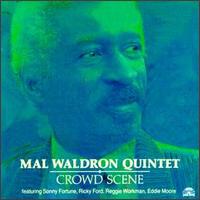
Crowd Scene is an album by jazz pianist Mal Waldron recorded in 1989 and released on the Italian Soul Note label.

Where Are You? is an album by jazz pianist Mal Waldron recorded in 1989 and released on the Italian Soul Note label.

Quadrologue at Utopia is a live album by jazz pianist Mal Waldron featuring Jim Pepper recorded in 1989 and released on the German Tutu label.

Mal, Verve, Black & Blue is a live album by jazz pianist Mal Waldron recorded in 1994 and released on the German Tutu label.

Baritones and French Horns is a 16 2⁄3 rpm album released in 1957 on Prestige Records. The album is one of a series of releases attributed to the Prestige All Stars. Each side of the album was a distinct date with distinct personnel. From a jazz.com review, Kenny Berger wrote, "Among the many innovative technological failures of the mid- and late- 1950s, the 16-rpm phonograph record stands as the industry's answer to the Edsel. One of Prestige's contributions to this auditory dustbin was an LP on steroids titled Baritones and French Horns under the supervision of vibist, composer, arranger, A&R man Teddy Charles. The baritone side of this album was reissued twice on LP and twice more on CD under John Coltrane's name [as Dakar], though Pepper Adams was the actual leader on these sessions." The "french horns" side of the album was reissued as Prestige ST 8305, Curtis Fuller and Hampton Hawes with French Horns.
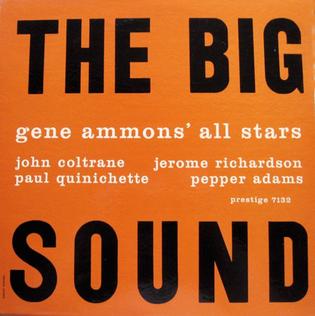
The Big Sound is an album by saxophonist Gene Ammons recorded in 1958 and released on the Prestige label. The album was recorded at the same sessions which produced Groove Blues.

Groove Blues is an album by saxophonist Gene Ammons recorded in 1958 and released on the Prestige label. The album was recorded at the same session that produced The Big Sound.

Blue Gene is an album by saxophonist Gene Ammons recorded in 1958 and released on the Prestige label.






















